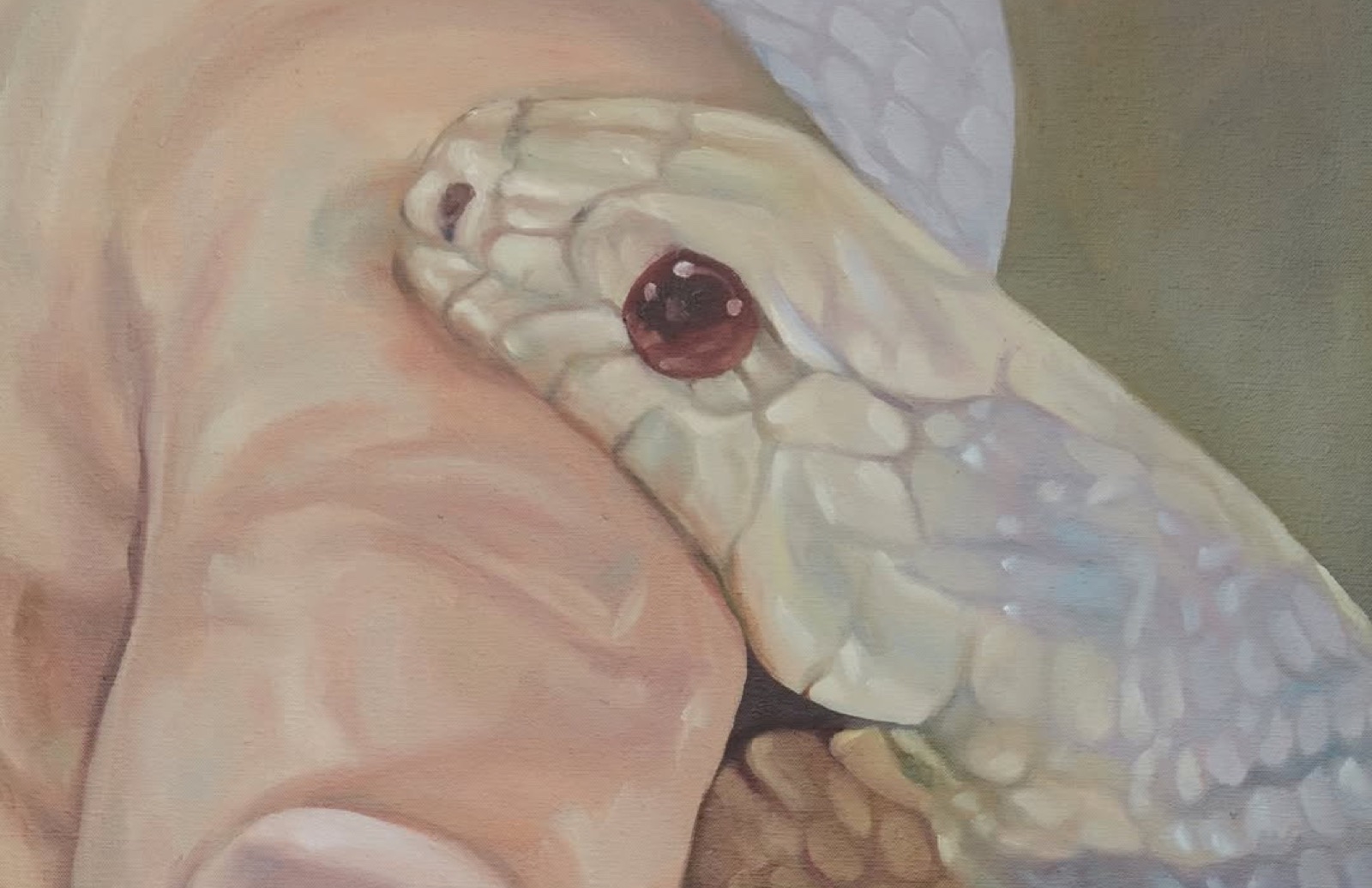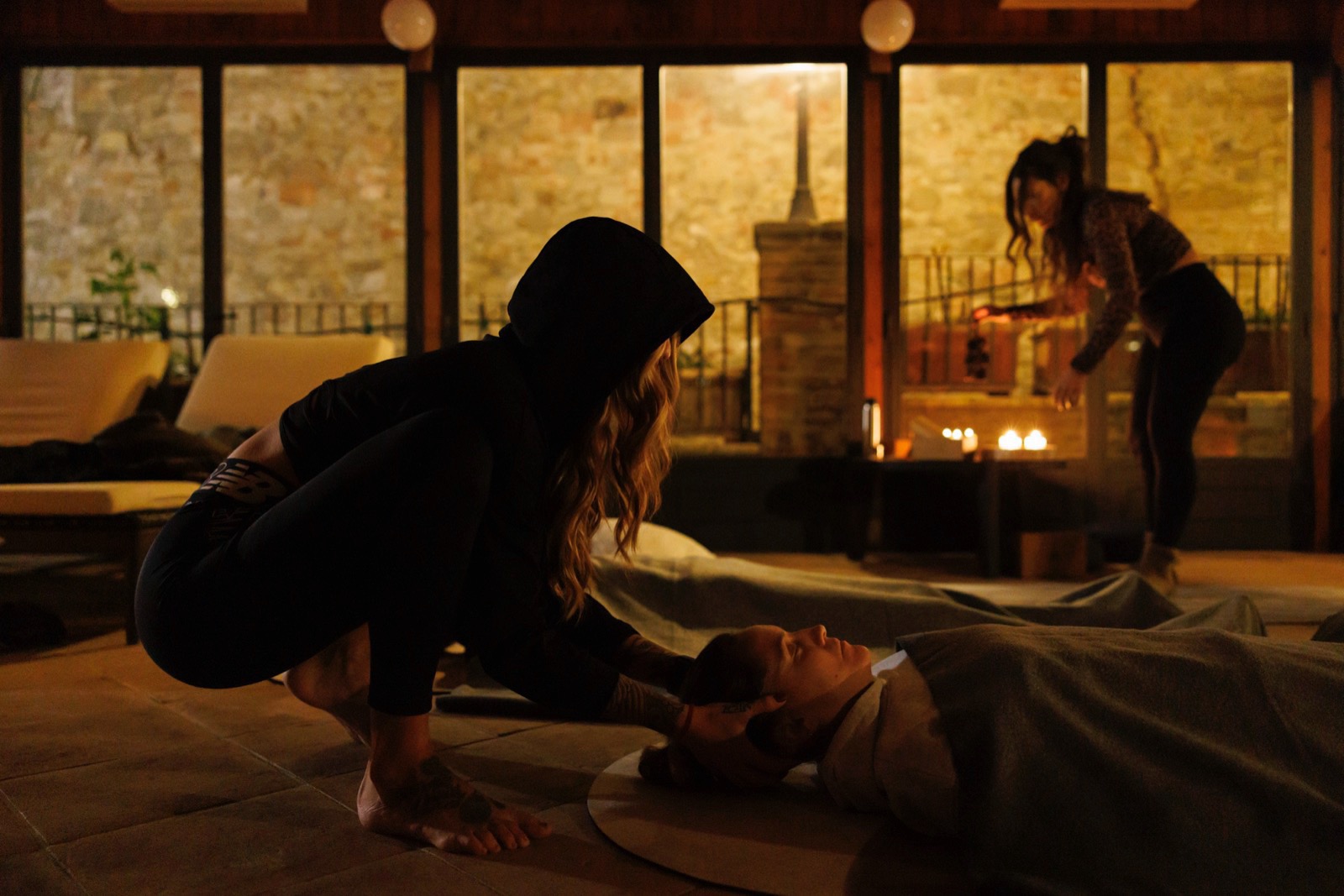You built Adhesive for artists who refuse to conform. What kind of freedom do you want that space to protect?
Artistic integrity above all else! Our label vision has never been limited to just releasing music, it’s also about innovation, unity and being part of something bigger. Adhesive’s vision for techno will always be to question and challenge contemporary culture, power structures and social hierarchies within the music industry and make it possible for artists to showcase their own vision and talent in the exact way that they imagined. We think that Adhesive artists are some of the best minds in the game, which is why Adhesive will always do everything we can for them to support them in challenging, subverting and pushing the music industry forward.
You’re vocal about marginalisation, bullying, and inequality in music, especially within queer representation. How do activism and sound interact for you in practice?
I would say it’s important for any artist who wishes to make a positive impact with their music to be mindful of how they choose to express it and maintain a high level of integrity when doing so. Unfortunately, activism has become a global trend where a lot is being posted on social media, but very little action is being taken in real life. The rave community is no exception to this and it’s concerning to see how social media has created the illusion of the scene being a safe and supportive space, which is very far from reality. Voicing your support for certain causes is of course a good thing in itself, but when someone’s suffering is being used as a way to gain traction, popularity or followers it becomes a problem.
“Anthropomorphism” blends industrial weight with choral atmospheres to explore humanity’s relationship with AI and spirituality. What drew you to connect these two worlds?
There is currently an on-going debate surrounding the potential dangers of AI and what this means for the future of mankind. I read an article the other day about how people have now started to use AI to speak to God. While we are fully aware that these robotic ‘deities’ are just a piece of code and not actually real, we still rely on things like ChatGPT to get answers to whatever questions we might have in the same way humanity has turned to spirituality for thousands of years. I also think it’s interesting to see how we seem to think that Western society is becoming increasingly more ‘secular’; In some Western societies spirituality is regarded as backwards and unprogressive, yet it seems like we have just found a new God to pray to, who has all the answers to our questions and is easily accessible on a screen.
You’re launching the Deconstruct Reality Project this winter to empower young creatives. What does ‘deconstructing reality’ mean to you personally?
I touched upon this briefly with above on activism and its role in music and the rave community, which is currently capitalising on activism as a trend and causing further marginalisation within the scene as a result. Many on-going socio-political issues that concern the industry are incredibly complex in nature and are not as straightforward as they are presented on social media. Deconstructing reality means breaking down current issues into bite-sized pieces of information based on facts, while also encouraging a nuanced discussion that offers clarity. This also includes taking an approach to activism that favours finding a solution to problems instead of just regurgitating arguments that have already been made countless times. It is a more conscious, ethical and intellectual approach to activism, which is rooted in integrity, respect and a genuine desire to see positive change that benefits everyone.







